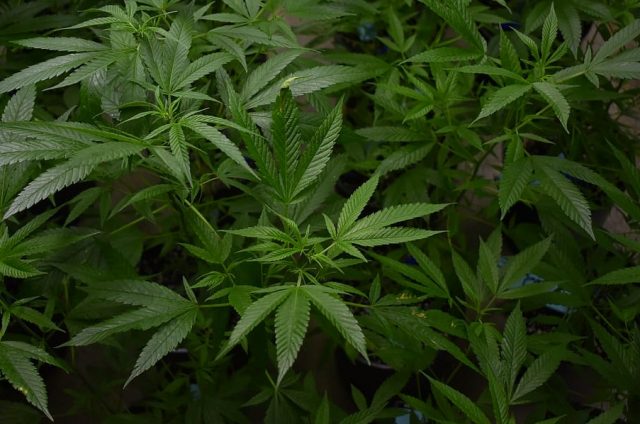As cannabis has grown in popularity, so has knowledge about the important components within the drug. Likely, you already know that tetrahydrocannabinol, or THC, is the compound that makes you high (while providing other useful health effects) and that cannabidiol, or CBD, relieves pain and inflammation. You might have heard of a few other cannabinoids, or compounds unique to cannabis, like CBG, CBN and CBC, all of which are the subject of many studies to better understand their effects and applications.
Yet, while cannabinoids are exciting and interesting, most news regarding cannabis research ignores a major group of cannabis compounds that affect not only the cannabis high but also a user’s health and wellness: terpenes. Read on to learn more about the importance of terpenes in cannabis and how you can make the right terpene choices for you.
What Are Terpenes?
Technically, terpenes comprise a class of hydrocarbons, or organic compounds made up of carbon, hydrogen and a few other elements — but in layman’s terms, a terpene is a compound found in various plants (and some insects) that generate an aroma. In nature, terpenes seem to serve functions like protecting plants from pests and diseases or attracting pollinators to improve fertility.
For humans, terpenes boast a number of applications. They are used to make essential oils or add scent to products like cleaners and cosmetics. They flavor beverages and food, making certain culinary experiences more exciting or complex. Yet, perhaps most interestingly, researchers have recently discovered that terpenes can have physiological effects on the human body, which means we might soon use terpenes in medicine as treatments for various health conditions.
What Do Terpenes Do?
Research on terpenes is in its very earliest stages, and more time and funding are warranted to better understand the unique effects of individual terpenes. Still, there is some evidence that terpenes affect the human mind and body in distinctive ways.
Linalool is an excellent example. A terpene commonly associated with the scent of lavender, linalool has been found to decrease sympathetic nerve activity and increase parasympathetic nerve activity. This means that linalool combats the fight-or-flight response and helps the body become calm and achieve more rejuvenating rest. Additional research on linalool has suggested that this terpene has the ability to inhibit pain perception in a variety of ways, from reducing inflammation to releasing dopamine in the brain.
In addition to physiological effects, terpenes likely produce psychological effects in those who experience them. For example, when you inhale an aroma that you find pleasing, your mood will likely lift. If you have a positive association with a certain smell, like the odor of cannabis smoke, you might also feel a boost to your attitude and outlook. Sometimes, these psychological responses manifest physiological responses, like lower heart rate and reduced muscle tension, which can be beneficial in medical treatment.
Which Terpenes Are in Cannabis?
The next time you pay a visit to an Arizona dispensary, in addition to asking about the cannabinoid content of certain strains, you should chat with budtenders about the terpenes in the flower available for purchase. While there are hundreds of terpenes present in different combinations in different cannabis varieties, the ones you are most likely to encounter in your shopping include:
- Myrcene. This terpene is by far the most abundant in weed. It likely fights inflammation and pain, and found in mangoes, myrcene has an earthy and fruity aroma.
- Pinene. As the name suggests, this terpene is best associated with the smell of pine trees but is also found in rosemary and basil. Pinene likely helps ease respiratory conditions.
- Geraniol. A powerful antioxidant, geraniol boasts a complex aroma of stone fruit, flowers and fresh-cut grass.
- Humulene. This terpene is what gives hops its earthy, woody and spicy odor. Early research indicates humulene could be useful in appetite regulation.
- Limonene. Found primarily in citrus, limonene is among the most used terpenes in all sorts of products. Studies have found limonene to have antidepressant and energizing effects.
Different strains of cannabis will have different terpene profiles. Until we know more about how terpenes affect the human body and mind, you might consider experimenting with different strains to find the terpenes that suit your needs best.





